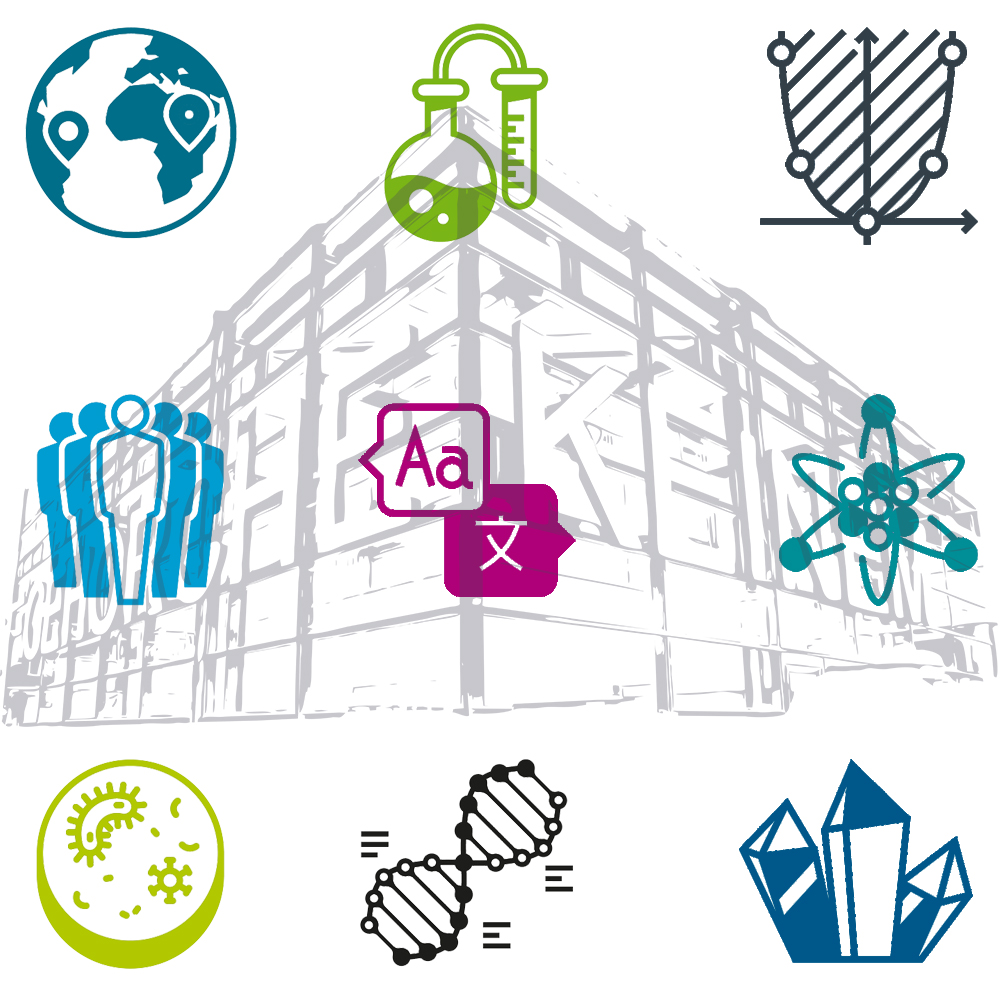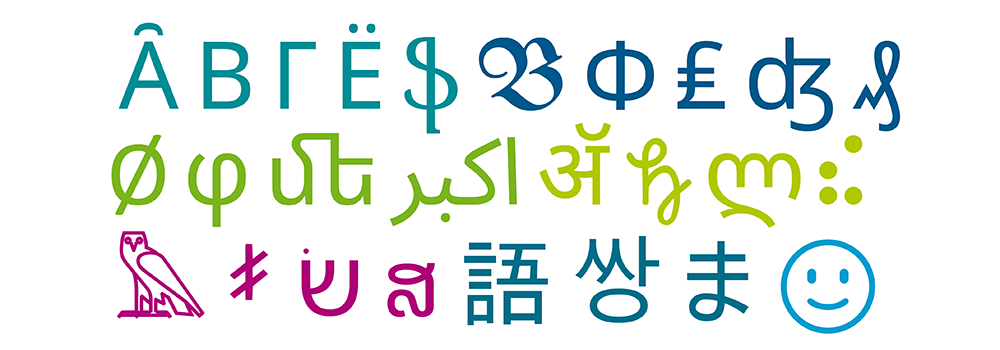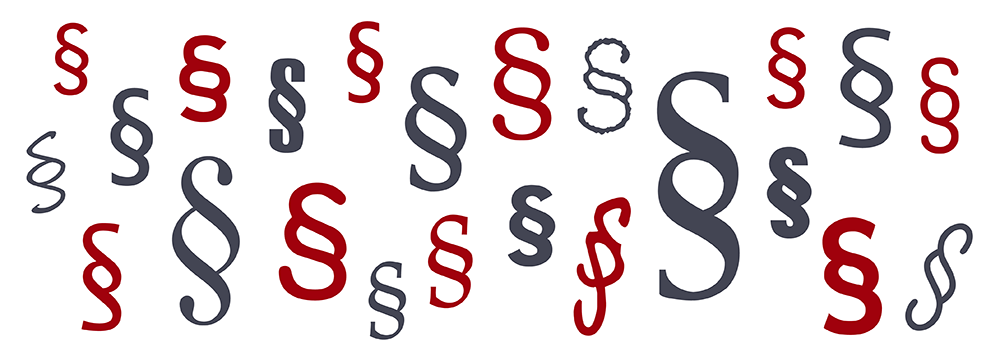The Routledge Companion to Libraries, Archives, and the Digital Humanities
 The Routledge Companion to Libraries, Archives, and the Digital Humanities covers a wide range of issues encountered in the world’s libraries and archives as they continue to expand their support of, and direct engagement in, Digital Humanities (DH) research and teaching.
The Routledge Companion to Libraries, Archives, and the Digital Humanities covers a wide range of issues encountered in the world’s libraries and archives as they continue to expand their support of, and direct engagement in, Digital Humanities (DH) research and teaching.
In addition to topics related to the practice of librarianship, and to libraries and archives as DH-friendly institutions, we address issues of importance to library and archives workers themselves: labour, sustainability, organisation and infrastructure, and focused professional practices that reflect the increasingly important role of librarians and archivists as active research partners. One of the central motifs of this book is that the “two” fields—DH, on the one hand, and the library, archival, and information sciences on the other—are in fact deeply intertwined, productively interdependent, and mutually reinforcing. We place these on an equal footing, considering how they coexist and collaborate in equal partnership.
This Companion will be of interest to DH practitioners and theorists, especially those who work in libraries and archives, and those who work with them. Likewise, “non-DH” (or “not-yet-DH”) library and archival administrators, reference and public service librarians, cataloguers, and even those who work primarily with the tangible collections will find here echoes and implications of the most venerable traditions and practices of our shared profession.
zum Buch im ULB-KatalogPlus
zum Buch auf der Verlags-Website
Vier Kapitel des Buches sind open access verfügbar.
Computational Literacy for the Humanities: Mathematics and Programming in Context
 Computational Literacy for the Humanities provides an introduction to mathematics and programming that is specifically designed for use by those engaged in the humanities. Linking mathematical concepts and computational skills, the chapters in this book explore humanistic questions from diverse fields, such as art, history and literature.
Computational Literacy for the Humanities provides an introduction to mathematics and programming that is specifically designed for use by those engaged in the humanities. Linking mathematical concepts and computational skills, the chapters in this book explore humanistic questions from diverse fields, such as art, history and literature.
The book helps to advance computational and digital literacy by showing that each mathematical concept has a history, and each technique has a meaning. Rather than viewing mathematics and computer programming as purely instrumental, they are integrated into the process of achieving greater understanding of humanistic phenomena. Algorithms, data, statistics and networks are taught critically within the book, whilst the authors also make a concerted effort to expose the internal biases of these tools. They also demonstrate the applicability of quantification and computation for the promotion of diversification and inclusivity within the humanities. All exercises are designed as an opportunity to gain hands-on mathematical and computational experience, whilst critically exploring and interpreting humanistic phenomena.
Computational Literacy for the Humanities shows readers how to engage with data in a way that is challenging, yet meaningful and empowering. It will be of interest to scholars and students working across the humanities and should be of particular interest to those working in digital humanities.
zum Buch im ULB-KatalogPlus
zum Buch auf der Verlags-Website




Schreibe einen Kommentar